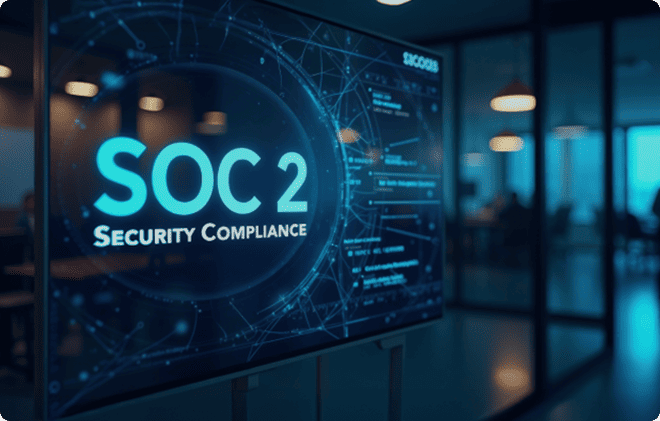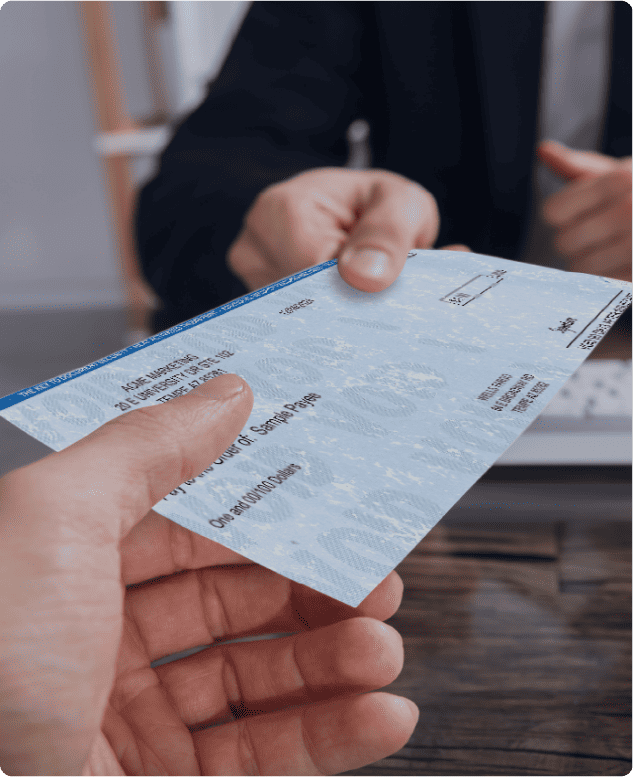At Checkissuing, safeguarding your financial and personal information is our top priority. Our state-of-the-art security system includes cameras in every room of our facility, and our team members undergo thorough background checks. We also provide comprehensive data, security awareness, and phishing training to ensure our staff is fully prepared to protect your assets.
In line with the National Institute of Standards and Technology (NIST) guidelines, all data is secured behind hardware and software firewalls, and it is encrypted both at rest and in transit using industry-standard protocols. Personally Identifiable Information (PII) is pseudonymized and then tokenized prior to storage, meeting GDPR requirements. We store data backups in a separate physical location and rigorously test our Business Continuity plan annually.
For added protection, we offer Multi-Factor Authentication (MFA) and Single Sign-On (SSO) options to corporate clients. Our platform supports multi-tenancy and gives clients control over their own data. We employ intrusion detection systems to monitor our infrastructure for breaches, and we conduct quarterly vulnerability tests along with annual penetration testing to stay ahead of emerging threats.
We undergo an annual SOC 2 Type II audit to demonstrate our unwavering dedication to data security and privacy. This independent, in-depth assessment evaluates our controls across security, availability, processing integrity, confidentiality, and privacy. By meeting these rigorous industry standards year after year, we ensure clients can trust us with their most sensitive financial information.


We also serve healthcare-related businesses that must handle Protected Health Information (PHI). To meet these needs, CheckIssuing adheres to HIPAA (Health Insurance Portability and Accountability Act) and HITECH (Health Information Technology for Economic and Clinical Health) regulations. This compliance guarantees that we maintain the highest standards of confidentiality and security while protecting sensitive patient data and providing a reliable service to the healthcare industry.
At CheckIssuing, we take our responsibility to protect personal data seriously. We adhere to the General Data Protection Regulation (GDPR) to ensure that all personal information is handled, stored, and processed with the highest level of care and transparency. We also comply with the Consumer Data Protection Act (CDPA), maintaining strict safeguards that uphold individuals’ rights to data privacy. Through encryption, robust access controls, and continuous monitoring, we meet—and often surpass—these regulatory requirements to give you peace of mind when entrusting us with sensitive information.


Positive Pay is a critical fraud-prevention service that compares issued check details against checks presented for payment at a bank. CheckIssuing enhances this process by offering an automated Positive Pay system that easily integrates with nearly any bank. Our platform automatically generates and uploads Positive Pay files on behalf of clients, reducing manual effort and significantly strengthening defenses against check fraud.
We partner with SAFEChecks to provide some of the most secure business checks available. Designed by Frank Abagnale with 12 advanced safety features, these checks are nearly impossible to counterfeit or alter without leaving visible signs of tampering. SAFEChecks are printed on true watermarked security paper and never sold blank without customization for each client. Alongside CheckIssuing’s robust security protocols, these checks offer a powerful defense against fraud.


We use specially designed security envelopes to prevent unauthorized viewing of sensitive information in transit. These envelopes feature an internal pattern that blocks visibility under bright light, making it difficult to see or copy details without tampering. This ensures confidential documents—such as bank statements, legal forms, mailed checks, and health records—remain protected from prying eyes. At Checkissuing, we believe in taking every precaution to safeguard your documents and maintain confidentiality.
Our cutting-edge technology platform underpins every aspect of our security program. By leveraging robust encryption, real-time threat monitoring, and secure data centers, we provide end-to-end protection for each transaction. This multilayered approach, reinforced by regular third-party audits, enables us to meet—or exceed—industry standards for security, reliability, and compliance.

CheckIssuing remains dedicated to upholding the highest levels of protection for our clients. From physical security measures and compliance certifications to advanced check fraud prevention and secure mail processes, we continually refine our practices to keep your information safe, secure, and fully compliant with industry standards.